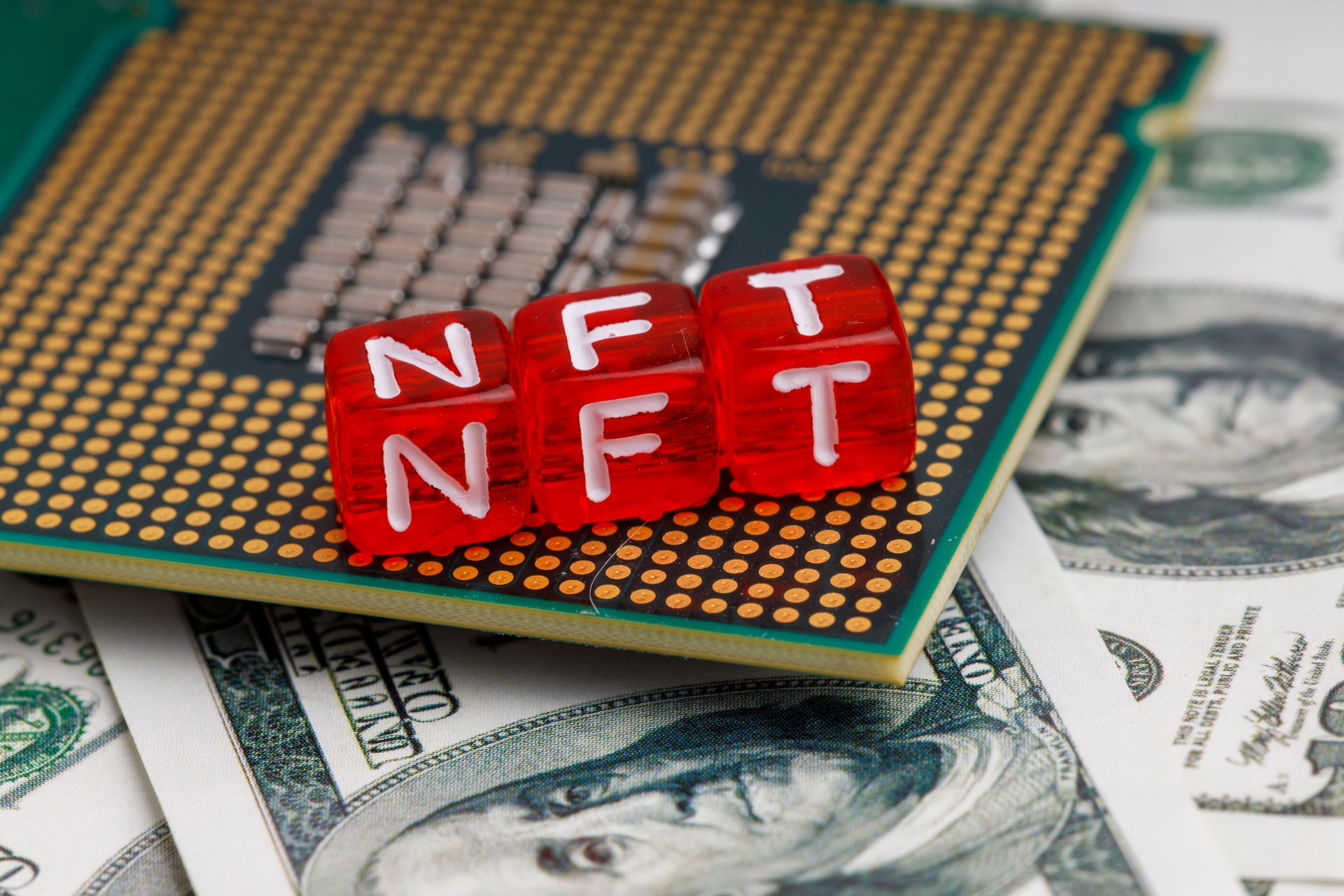NFTs have been gaining popularity in recent years, with more and more people looking to invest in them. This has led to a booming industry in NFT trading, with Austria becoming one of the leading countries for this activity.
The role of NFTs trading in Austria’s economy is significant, as it has helped to boost the country’s GDP by a considerable amount. In fact, NFT trading is now responsible for around 2% of Austria’s GDP, which is a huge increase from just 0.2% in 2020. Visit nft code for more information.
This growth is likely to continue in the future, as more and more people become aware of the potential of NFTs. With their unique properties and the ability to be traded 24/7, they are an appealing investment for many people.
So, if you’re looking to get involved in the world of NFTs, then Austria is definitely the place to be. With a thriving industry and a growing economy, there are plenty of opportunities to make a profit from NFT trading.
NFT trading has been one of the most talked-about topics in the Austrian economy recently. As more and more businesses start to adopt blockchain technology, NFTs have become an increasingly attractive option for investors.
However, there are still many people who are unaware of how NFTs work and what their role is in the economy. This article will provide a brief overview of NFTs and their potential impact on Austria’s economy.
What are NFTs?
NFTs are digital assets that are stored on a blockchain. Unlike traditional assets, NFTs cannot be duplicated or counterfeited. This makes them unique and tamper-proof.
NFTs can represent anything from digital artwork to real-world assets such as property or cars. One of the most popular use cases for NFTs is in the gaming industry, where they are used to represent in-game items such as weapons or characters.
How do NFTs work?
NFTs are bought and sold on specialized markets known as exchanges. These exchanges use smart contracts to facilitate transactions. Smart contracts are self-executing contracts that enforce the terms of a transaction automatically.
This means that once an NFT is bought, it cannot be reversed or canceled. This makes NFTs a very secure way to trade digital assets.
What is the role of NFTs in the Austrian economy?
NFTs have the potential to revolutionise the way we trade digital assets. By eliminating the need for intermediaries such as banks or brokers, NFTs could make it easier and cheaper to trade a wide range of assets.
This could have a significant impact on Austria’s economy. For example, NFTs could make it easier for small businesses to access capital by allowing them to sell equity stakes in their business using NFTs.
Similarly, NFTs could also be used to create new types of financial instruments, such as smart contracts that automatically payout when certain conditions are met. This could make it easier for businesses to hedge against risk and unlock new sources of funding.
NFTs have been gaining popularity in recent years and have become an important part of the digital economy. NFTs are often used to trade digital assets, such as art, music, or other digital content.
Austria is one of the leading countries in the use of NFTs. The country has a vibrant digital economy and is home to many startups and tech companies. NFT trading activity has grown rapidly in Austria in recent years.
The Austrian government has taken steps to support the growth of the country’s digital economy. In 2018, the government launched a €100 million fund to invest in startups and tech companies. The government has also created a special tax regime for startups and tech companies.
The use of NFTs is expected to continue to grow in Austria. The country’s digital economy is booming and there is a strong demand for new and innovative technologies. NFTs offers a unique and efficient way to trade digital assets. The Austrian government is supportive of the growth of the digital economy and is taking steps to promote innovation.
Austria is set to become a major player in the global digital economy. The country’s favourable business environment, skilled workforce, and support from the government make it an ideal location for technology companies. NFT trading is expected to play a significant role in the growth of Austria’s digital economy.



 Bitcoin
Bitcoin  Ethereum
Ethereum  Tether
Tether  XRP
XRP  Solana
Solana  USDC
USDC  TRON
TRON  Cardano
Cardano  Lido Staked Ether
Lido Staked Ether  Avalanche
Avalanche  Toncoin
Toncoin